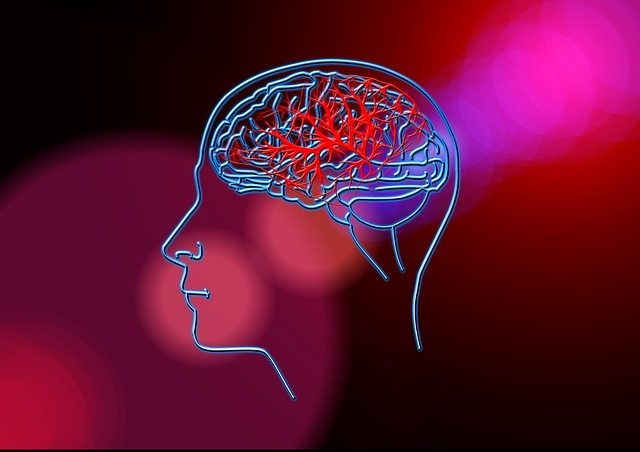
A new study suggested that Terazosin – a drug widely used to treat enlarged prostates – can be used to slow Parkinson's disease, which progresses in six neuropathological stages.
According to scientists, terazosin, or TZ, which helps ease benign prostatic hyperplasia (BPH) by relaxing bladder muscles and prostate, has another beneficial action of brain cells damaged by Parkinson's.
This progressive nervous system disorder is caused by degeneration of nerve cells in the substantia nigra part of the brain, which controls movement, leads to symptoms including stiffness in the body and tremors in one hand.
The symptoms arise from a fall in dopamine levels in the brain because of the death or impairment of the nerve cells.
The researchers said the prostate drug may slow down Parkinson's progression -- something which is currently impossible -- owing to the alpha-blocker drug's ability to protect brain cells from destruction.
The study, published in the Journal of Clinical Investigation, suggested terazosin enhanced the activity of phosphoglycerate kinase 1 (PGK1), thereby stimulating glycolysis and increasing cellular ATP levels, in 2,880 patients with both BPH and Parkinson's, against 15,409 Parkinson's patients under a different treatment for BPH that had no action on PGK1.
The researchers noticed that after providing terazosin, it slowed down the neuron loss. The ATP increases dopamine levels and partially restores motor function, suggested the findings.
The existing treatment of Parkinson's disease, which affected over 10 million people worldwide, can help with symptoms, but cannot slow or reverse the neuron degeneration. Patients of the disease suffer debilitating motor, as well as, nonmotor symptoms, including dementia and neuropsychiatric abnormalities.
Lead researcher Dr Michael Welsh said terazosin had a proven track record for treating BPH, and getting the drug approved and "repurposed" as a Parkinson's drug should be achievable if the clinical trials, which will compare TZ with a placebo to make sure it is safe and effective in Parkinson's.
"TZ increased glycolysis and prevented progressive neurodegeneration suggests that energy deficits might either be a pathogenic factor in the pathogenesis of PD or predispose individuals to PD in the presence of environmental or genetic etiologies. These findings identify a protein and a pathway that might be targeted to slow or prevent neurodegeneration in PD and potentially other neurodegenerative diseases with altered energy balance," the study concluded.
Another study, published in Lancet Neurology, claimed that malfunctions in the brain's serotonin system, which controls mood, sleep and movement, come first, followed by a drop in the Dopamine levels.
Many other related studies suggested that vigorous workout at least three times a week, as well as, drinking moderate amounts of coffee may offset early-stage Parkinson's disease symptoms.









